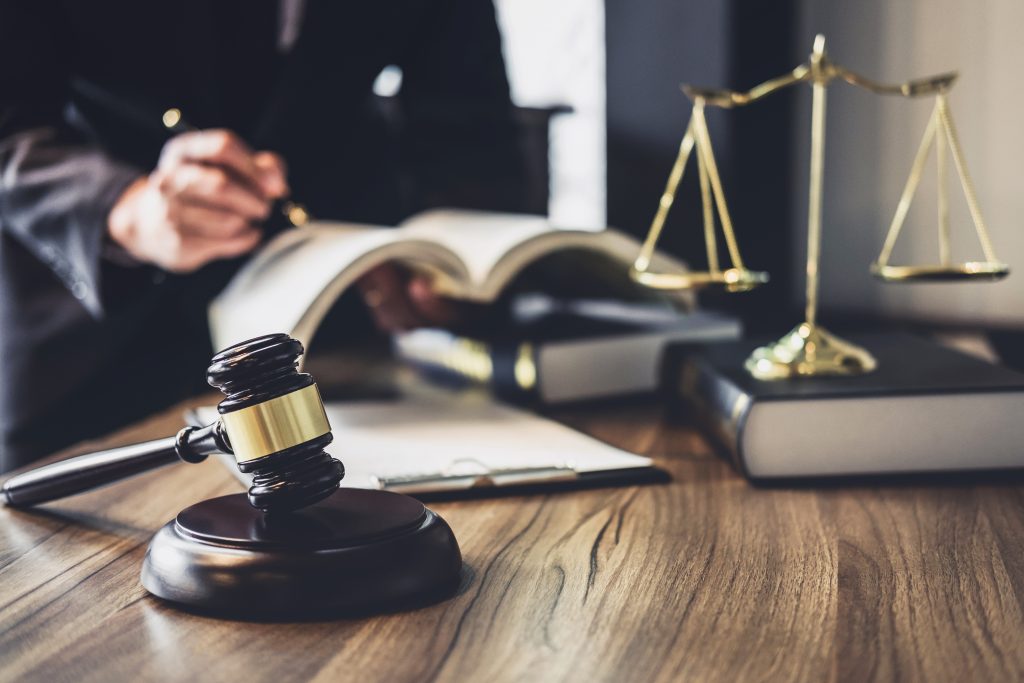Are you curious about the qualifications for an expert witness? Are you wondering what it takes to become a qualified expert witness? If so, you’ve come to the right place. In this blog post, we’ll explore the educational and professional qualifications for an expert witness and look at what is needed to become a qualified expert witness.

Educational Requirements
Becoming an expert witness is a serious undertaking, and requires specialized education and qualifications. An expert witness must have knowledge that is beyond the average person in their field of expertise. To qualify as an expert witness, a person must have educational and professional qualifications that demonstrate their expertise.
An expert witness is often called upon to offer an opinion or testimony in court. The legal system recognizes certain qualifications as an indication of expertise. These qualifications include having a degree in a relevant field such as medicine, engineering, accounting, or the law. Professional experience in the relevant field is also important. The amount of experience required can vary depending on the field and the specific case, but generally, it should include at least a few years of work in the same area as the case being presented.
For example, a medical expert witness would need to have a medical degree, as well as professional experience treating patients and performing medical research. An expert witness definition would state that they are a person qualified by education, training, skill, or experience to provide a scientific or technical opinion in a court of law. An expert witness example could be a doctor who has been certified by a board to provide expert testimony about the diagnosis and treatment of a particular illness.
Professional Requirements
To become an expert witness, one must have certain professional qualifications. Generally, the expert witness example is someone who has specialized knowledge, training, or experience in a particular field. According to the expert witness definition, they are individuals with a certain level of expertise who are called upon to provide an opinion in a court of law or arbitration hearing.
To be a qualified expert witness, the individual must have sufficient expertise in the relevant field and may need to prove that they have a recognized degree or certification. Depending on the court case or arbitration, some professions also require that the individual have a valid license to practice in that field. Furthermore, any expert witness must be able to provide clear and unbiased evidence and opinions based on factual information.
Additionally, some states have specific qualifications that must be met before someone can be certified as an expert witness. For example, some states require that the individual have a minimum number of years of experience in their field. Other states may also require that the individual is listed on the National Association of Legal Assistants’ Certified Legal Assistant Registry or has a certain amount of published material related to their area of expertise.
Furthermore, potential qualified expert witnesses need to be familiar with local court rules and procedures. Many jurisdictions require expert witnesses to submit an affidavit outlining their qualifications and indicating their willingness to appear in court and answer questions. The individual may also need to present a portfolio of their work to demonstrate their credentials and establish their credibility as an expert witness.
All in all, becoming an expert witness requires not only a great deal of expertise and knowledge in a particular field but also a thorough understanding of local court rules and procedures. To be qualified as an expert witness, individuals must have a recognized degree or certification in their field, as well as any necessary licenses. Additionally, they must demonstrate their credibility by providing a portfolio of their work and be willing to appear in court and answer questions.
Characteristics of a Qualified Expert Witness
The expert witness plays a critical role in providing impartial, evidence-based testimony in legal proceedings. To be qualified for this important job, an expert witness must possess the right set of skills and qualifications. To be considered an expert witness, a person must have specific educational qualifications and professional experience.
Beyond the necessary qualifications, certain characteristics can make an expert witness successful. A good expert witness should:
• Have impeccable credentials – An expert witness must have expertise in the area relevant to the case, as well as education and experience to back it up. They should also be able to cite examples, provide expert witness definitions and explain the scientific principles behind their conclusions.
• Be unbiased – An expert witness should be impartial, objective and impartial when presenting their opinion or facts. They mustn’t allow their personal beliefs to influence their opinion.
• Be confident – An expert witness should be able to clearly explain and defend their opinion with conviction. This means they should be comfortable speaking in front of a jury and not let nerves get in the way of delivering an effective testimony.
• Be articulate – An expert witness should be able to communicate their opinion or facts clearly, and be able to respond to questions from opposing attorneys quickly and succinctly.
• Be flexible – An expert witness should be able to adjust their opinion if new evidence comes to light. They should also be able to explain their opinion in different ways depending on the audience or situation.
An expert witness must be reliable and trustworthy to be an effective addition to any legal proceeding. By possessing these characteristics, an expert witness can help ensure justice is served.








